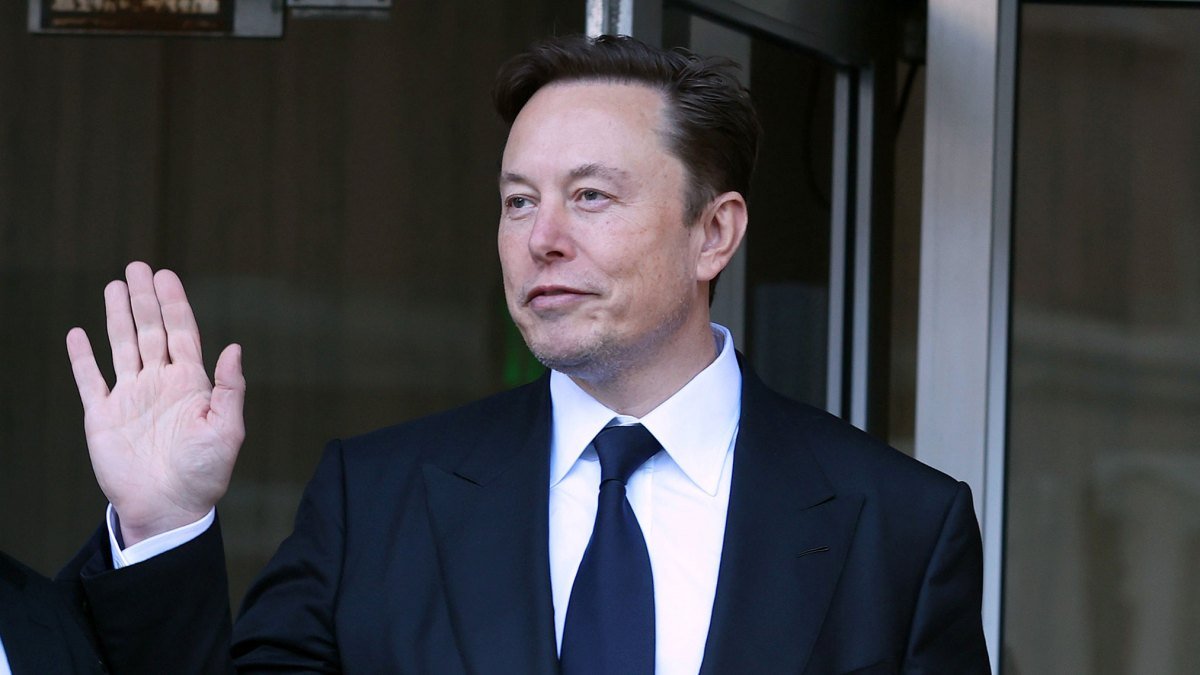Tesla Spends $200,000 on Advertising Through Elon Musk’s Social Media Platform After Shareholder Pressure
It’s no secret that Elon Musk’s social media platform, X, has played a significant role in the success of his company, Tesla. After caving to shareholder pressure in 2023 and agreeing to try advertising, Tesla has since spent around $200,000 on ads through this platform.
These ads have been seen in various places like Google search results and YouTube, but it has become increasingly evident that Tesla is also paying X to advertise. This information was recently revealed when Tesla released its annual proxy statement, which discloses any “related person transactions” made by the company.
Aside from advertising costs, Tesla has also paid X approximately $50,000 in 2023 and $30,000 through February 2024 for “commercial, consulting, and support agreements.” In return, X has paid Tesla $1 million in 2023 and around $20,000 through February 2024 for unspecified work. The details of these agreements are not disclosed, but it has been reported that the two companies have shared or loaned employees as a result of Musk’s acquisition of X and his focus on building AI products for both businesses.
Interestingly, Tesla is not the only company in Musk’s portfolio that has engaged in these types of transactions. According to the proxy filing, SpaceX paid Tesla $2.1 million in 2023 and approximately $800,000 through February 2024 for “certain commercial, licensing, and support agreements.” In return, Tesla paid SpaceX $700,000 in 2023 and $100,000 through February 2024 for the use of a corporate jet owned by Musk’s space company.
But it doesn’t stop there. Musk’s tunneling effort, The Boring Company, also received payments from Tesla, totaling $200,000 in 2023 and $1 million through February 2024.
In a somewhat curious move, Tesla revealed that in December 2023, it hired a security company owned by Elon Musk for his personal security. The cost of this service has amounted to $2.4 million in 2023 and around $500,000 through February 2024. And this is only a portion of the total cost of security services related to Musk.
Furthermore, Tesla paid EV battery recycling company Redwood Materials, which is run by Tesla board member and former CTO JB Straubel, a total of $11.5 million in 2023 and around $6 million through February 2024 for processing scrap materials.
All of this back-and-forth financial activity comes amidst legal battles for Musk, including his ongoing appeal of a decision by the Delaware Chancery Court that struck down his massive 2018 stock compensation plan. The judge’s ruling cited inaccurate descriptions of directors and misleading omissions about the process of the compensation plan’s creation.
Musk was not pleased with the decision and took to X to announce that Tesla would seek to move its state of incorporation to Texas, where the company has already set up its physical headquarters.
In response to this news, the Tesla board formed a special committee, led by board member Kathleen Wilson-Thompson, to evaluate the idea. Wilson-Thompson hired two lawyers from Sidley Austin as well as an expert lawyer from Delaware, a Chicago law professor, and Houlihan Lokey as a financial advisor. They also revisited the issue of voting on Musk’s compensation package.
Over eight weeks, the committee met 16 times for over 26 hours, with Wilson-Thompson personally dedicating more than 200 hours to the matter. The Sidley lawyers spent over 600 hours each, supported by over 40 other Sidley lawyers. During this process, seven board directors and five members of Tesla’s management were interviewed.
In the end, the decision was made to put the move and the “re-ratification” of Musk’s stock plan to a shareholder vote, which is now scheduled for June 13 at the annual meeting. While it is unlikely that either of these votes will fail, they are sure to spark further legal debates in the future.
“The Committee and its counsel are aware of the media narrative regarding Musk, Tesla, and its board. And the Committee’s work was conducted against a backdrop of unrelenting public interest in whether Tesla would reincorporate and in Musk’s compensation. Far from being influenced by these factors, this outside narrative and attention intensified the commitment of the Committee and its counsel to conduct a staunchly independent process.”
The proxy statement concludes by stating that the committee and its counsel were not swayed by outside factors, but instead, were dedicated to conducting an independent process. Whether or not this proves to be true, it is clear that Musk’s companies have a complex and intertwined financial relationship, which may continue to be a topic of debate and scrutiny in the future.








